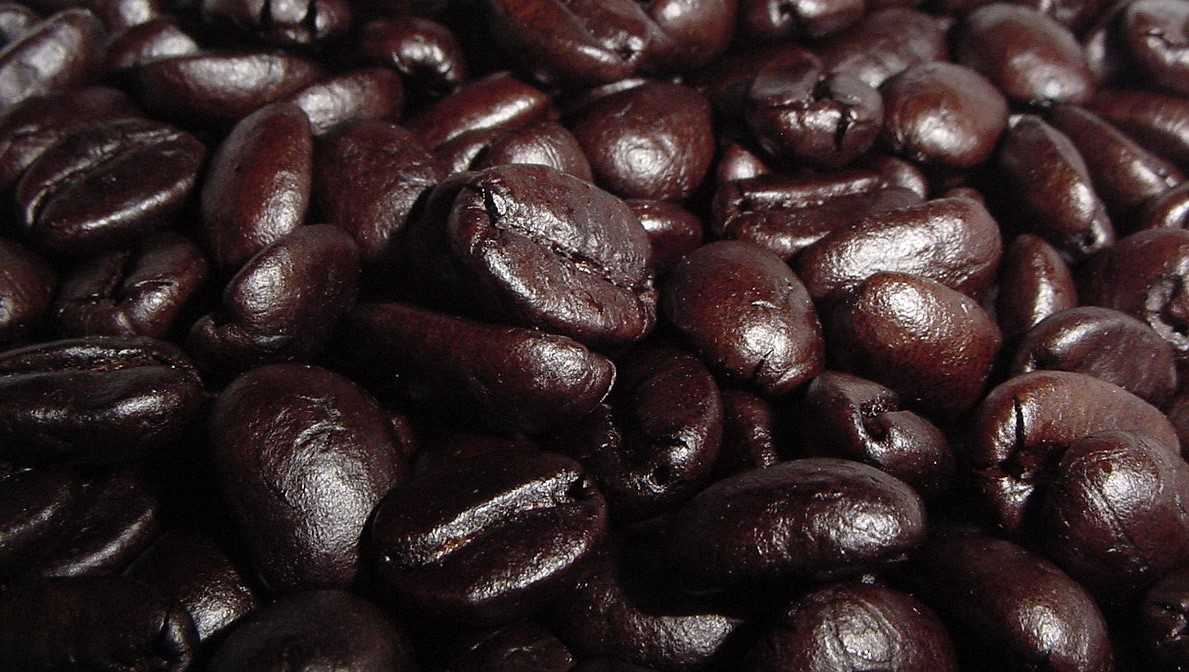Share your coffee stories with us by writing to info@comunicaffe.com.
GUILDFORD, UK — Dr Claudio Avignone Rossa and his team discovered that the community of microbes found in a wastewater treatment plant could hold the key to degrading coffee waste, which is highly damaging to the environment.
The microbes eat the waste, producing energy which can be captured as a small electric current; enough to light a bulb. This type of device, called a microbial fuel cell, has not been used to treat coffee waste before.
“We showed for the first time that it is possible to treat coffee waste using a microbial fuel cell,” says Avignone Rossa. “We feed the fuel cells with coffee waste, and most of the compounds that cannot be degraded naturally are degraded by the microbes inside.”
Waste from coffee production is a huge global problem. Each year 9.5bn kg of coffee is produced worldwide, and every kilogram of instant coffee produced generates roughly two kilograms of liquid waste. This is a particular issue in developing countries where the infrastructure does not always exist to process this waste and so it ends up in water courses, which become contaminated.
The new device could solve the problem by breaking down the polluting compounds in coffee waste so that it is no longer harmful to the environment. It is also simple and cheap enough that it can be built and installed on small, family-owned coffee farms in developing countries such as Colombia, the world’s third largest coffee producer. A cooperative of Colombian coffee farmers have already expressed an interest in using the devices.
“You can build one of these microbial fuel cells for only a few pounds, or even pennies, using materials that are just lying around, including ceramic tiles, terracotta slabs, kitchen foil and cardboard,” says Avignone Rossa, “and because they are very low cost and easy to construct, you can put several on every farm.”
As well as preventing environmental contamination, the microbial fuel cells could also help to relieve a huge strain on water supplies. Coffee production requires vast quantities of water.
Around 140 litres are needed to produce just one cup of coffee, and a large proportion of this is released as wastewater. In Colombia, many coffee farms are far from the main water sources, making it difficult to obtain the quantities of water required.
The fuel cells could allow coffee farmers to clean up their wastewater and reuse it, reducing the amount of fresh water needed.
The researchers hope that if their devices are used successfully in Colombia, they may be able to interest large coffee companies in Europe, where roughly one third of the world’s coffee is consumed, in adopting the same approach to treating their waste.
Energy and Clean Growth Minister Claire Perry said: “Your morning latte could start its life on a remote Colombian coffee farm and now thanks to UK Government funded research, those farms now have grounds to double up as producers of both coffee beans and electricity.
“Local growers getting extra buzz from their beans is a great example of seizing the industrial opportunities of moving to a greener and cleaner economy. At home our modern industrial strategy is helping the U.K.’s innovative clean growth sector brew up innovative technology like these fuel cells to deliver clean growth and build new markets across the globe.”
Colin Miles, BBSRC’s Head of Strategy, Industrial Biotechnology & Bioenergy says, “The researchers have created a robust and inexpensive waste treatment solution from readily-available household materials, which is capable of processing the quantities of waste produced by small, family-owned coffee farms, making it well suited to use where it is most needed. This research is a good example of how the power of biology can help solve significant problems which affect both the developing world and the UK.”
Funding for this research was provided primarily by BBSRC and EPSRC. Further funding from the British Council under the Newton Fund allowed the team to collaborate with Colombian researchers to demonstrate that coffee waste could be converted into electricity using a microbial fuel cell.
Funding from EPSRC under the Global Challenges Research Fund then allowed the researchers to construct a small, inexpensive device suitable for use on Colombian farms.















